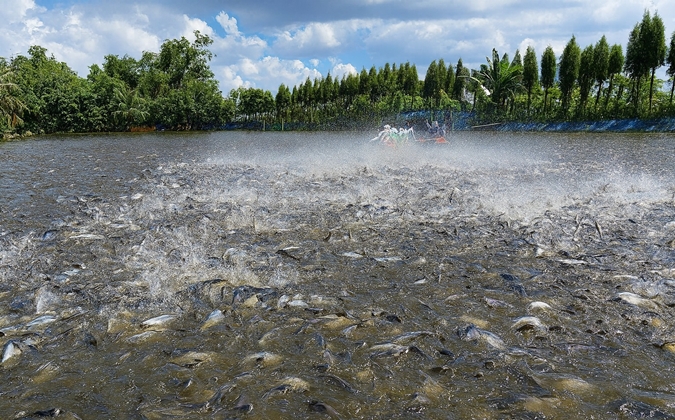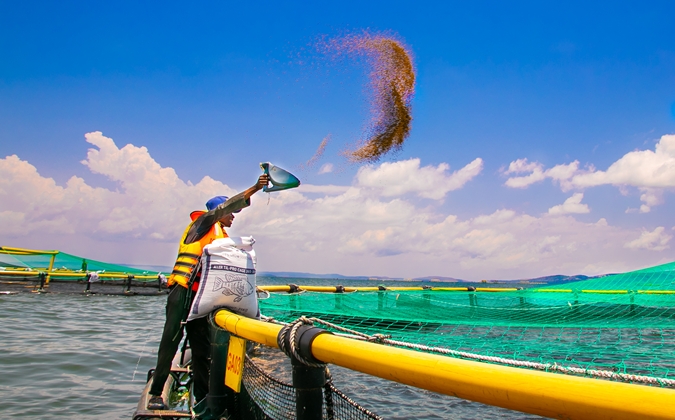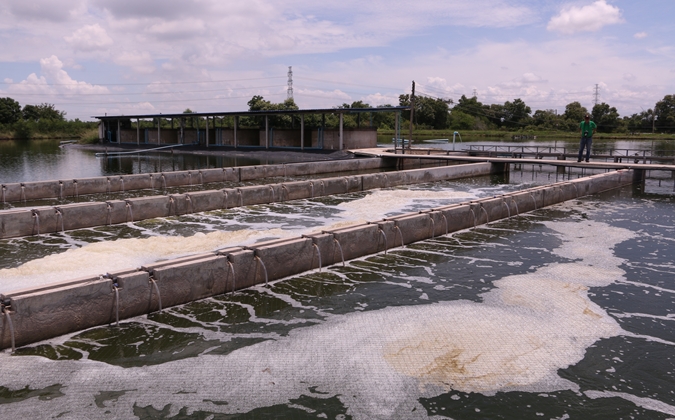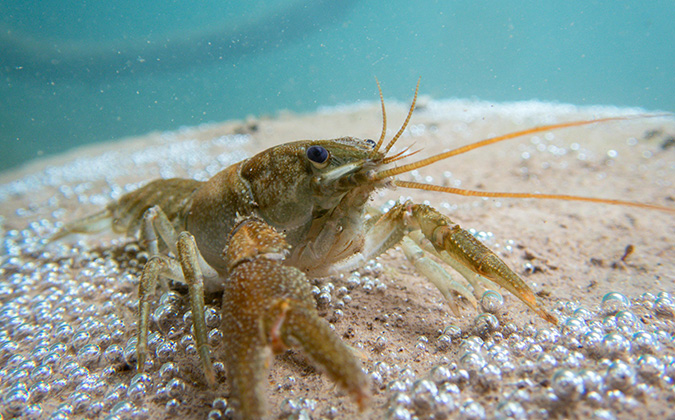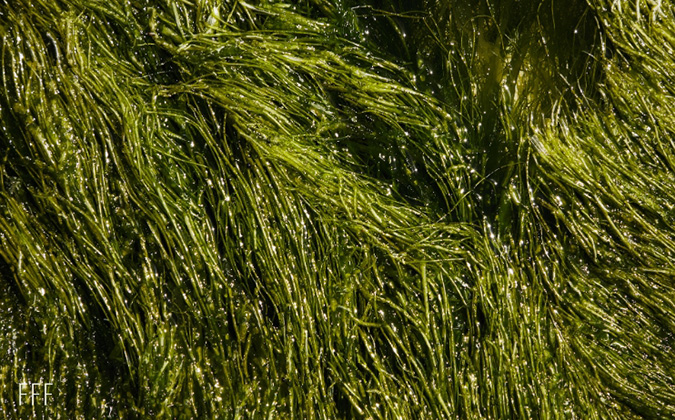
Algal oil shows promise as fish-oil substitute in feed for young salmon
Algal oil can replace fish oil in the feed of farmed Atlantic salmon parr without affecting their growth or ability to transition to seawater.
The finding, from work by Norwegian researchers, offers new hope for the aquafeed industry, which seeks to lower its environmental impact through sustainable alternatives to fish-based feed.
Reducing the environmental impact of fish feed
The search for fish-oil replacements is crucial. Fish-based feeds not only rely on wild-fish populations — raising concerns about their impacts on marine ecosystems — they also carry a heavy carbon footprint. Feed accounts for 75% of CO2 emissions in Norwegian salmon farms, largely because the fish ingredients are transported long distances from their source.
The study, led by scientists from Nord University, was the first to assess algal oil as a fish-oil replacement in the diet of Atlantic salmon parr. Algae are rich in the fatty acids necessary for healthy growth, development and a well-functioning immune system in salmon, and so are a promising substitute for wild-fish feed.
The researchers specifically explored the effects of a commercially available oil made from the alga Schizochytrium on parr as they mature into smolts. This critical stage in a salmon’s development sees the fish undergo physical and hormonal changes that prepare it for the move from freshwater into seawater. Any fish-oil substitute must not disrupt this healthy development.
Impacts of algal oil on fish development
In their experiment, the researchers divided 1,800 parr into three groups and fed each group a different diet for 49 days:
- Diet 1: Control diet containing 5% fish oil, 12% plant oil and no algal oil.
- Diet 2: 50% of EPA+DHA (fatty acids) in fish oils replaced by the algal oil.
- Diet 3: 100% of EPA+DHA in fish oils replaced by the algal oil.
After 49 days, no fish had died. The researchers saw no differences in growth rates between the three groups.
The experiment also included a “seawater challenge,” in which the researchers immersed the fish in saltwater for 48 hours to assess their preparedness for life in the sea.
The challenge revealed minor differences in hormonal and blood chemistry responses that relate to osmoregulation — the fish’s ability to maintain a healthy balance of salt and water in its body, whether it lives in freshwater or seawater. But the scientists did not consider these differences significant enough to compromise the fish’s transition to seawater.
The researchers believe their findings support other studies that also report algal oil as a suitable alternative ingredient in diets for juvenile farmed fish, including salmonids.
“The high EPA + DHA content of this oil offers a means of fortifying commercial diets, which are currently predominated by vegetable oils, and demonstrates a promising solution for the aquafeed industry, which is ever seeking to decouple from its over-reliance on fish oil as a primary source of essential fatty acids in diets,” they concluded.
Read the full journal article in Aquaculture Reports.
Posted on: January 25, 2025


